As winter break approaches, many University of Minnesota students are requesting days off from class for religious or cultural holiday observances.
In past years, winter break was called Christmas break due to the Christian holiday that falls within the time period. Many students do not celebrate Christmas or other holidays observed by the University though and have said they wish the University would provide similar accommodations for other holiday observances.
The University observes Independence Day, Labor Day, Thanksgiving, Christmas, New Years, Martin Luther King Jr. Day and Memorial Day, which are usually celebrated either in the United States or within Christianity.
Most public schools and universities schedule the academic year around these primarily American and Christian holidays. St. Paul Public Schools has possible plans to schedule the 2023-24 school year around important Muslim and Jewish holidays to be more inclusive.
Alternative holiday celebrations
Many students and staff celebrate different holidays than those the University and other public schools observe.
“Every culture is different … the people that are part of the African Student Association, they don’t really celebrate the general American culture, they celebrate their own cultures,” Blen Haile, third-year undergraduate student and president of the African Student Association (ASA), said.
Not many students in ASA celebrate Thanksgiving or Christmas in December, and alternatively, enjoy the opportunity of not having classes to spend time with their family, Haile said. For example, she celebrates Orthodox Christmas on Jan. 7 instead.
Ahmed Shahkhan, a third-year student and member of the Muslim Students Association (MSA), said the two main Muslim holidays are and Ramadan and Eid.
“It’s 30 days of fasting, and on the last day we celebrate,” Shahkhan said. “That’s a really big holiday for us … those 30 days of fasting are special for us because that’s the most sacred month for Muslims.”
Ryan Alberts, a second-year student who is on the leadership council for Hillel, a campus Jewish organization, said the High Holy Holidays, Rosh Hashanah and Yom Kippur, are always in September or early October and require the day off from classes.
Hanukkah, another holiday that is widely celebrated by Jewish students, is on Dec. 18 this year, which is during finals week, Alberts said.
The University has a list of multi-religion holiday observances and religious observances count as legitimate absences. However, instructors have the right to request additional verification for student absences, according to the University’s Makeup Policy for legitimate absences.
Holiday absence requests
Students from different religious and cultural organizations on campus discussed their experiences requesting accommodations for holidays.
Haile said Meskel is a holiday celebrated in September by the Ethiopian Orthodox and Eritrean Orthodox churches that she often needs to request accommodation for.
“We fast for a month and then we go to church from Friday to Sunday, so usually I try to request the day off on Friday,” Haile said.
Haile said her professors are understanding with religious accomodations and she rarely encounters issues, however, she wishes the University would excuse students from completing assignments on their respective holidays.
“I feel like it’s not fair … when we ask for a day off for any personal reasons, I feel like they should excuse the student from doing the assignment,” Haile said.
Students can become overwhelmed with missing assignments and easily fall behind in coursework if not granted an excuse, Haile said.
Alberts said the University sent a draft email template that requires authorization from a staff member at Hillel, which can be utilized by students celebrating a Jewish religious holiday.
“It had to be sent from a staff member at Hillel or it needed their signature for it to count for an excused absence … that needs to change,” Alberts said. “It’s very easy to look up when Jewish holidays are to know that you’re going to have some students emailing you.”
The University did allow students observing Rosh Hashana in 2021 to send a note and receive an excused absence because the holiday coincided with the first day of classes. The University typically requires students attend their first classes each semester.
Shahkhan said the University provided MSA with a similar template, however, a staff signature is not required.
“They helped us with accommodations for all the general body members of the MSA,” Shahkhan said. “If you wanted an extension on a homework assignment or an exam, all you have to do is send an email and the professor has to say yes.”
Requests for additional holiday break days
Despite University accommodations, some students said they think the University should provide breaks for holidays other than the ones they currently observe, but others said they understand the difficulties the University faces when making these decisions.
Haile said she personally feels Ramadan and Eid should be considered a University-wide holiday.
“We have a large Muslim population here at the school … fasting all day and having to stay up all night, they’re not going to be able to focus on school as much,” Haile said. “Having a day off would be great, just like we have any days off to celebrate American culture.”
Alberts said although many Jewish holidays fall within the school year, he is not upset the University does not take days off for them.
“I think it is difficult as a university to balance the needs of all students,” Alberts said.
Alberts said he believes since Christianity is the dominant religion in the U.S., it should be given the priority for days off from classes. In Israel, since it is the Jewish state, they have days off for Jewish holidays, but students still celebrate other religions there as well, he said.
Accommodation moving forward
Haile said she thinks professors should receive more training regarding the importance of different cultural holidays, not just that they exist.
Alberts said he thinks a full training may be too much. He suggested professors receive an emailed list of holidays explaining the expectation to provide accommodations would be sufficient.
In response to the ongoing conversation surrounding religious accommodations, the Diversity Community of Practice (DCoP) was formed, which is a community of faculty and staff that meets monthly to effectively understand and implement equity and diversity strategies within the University.
In April 2022, the DCoP held a Diversity Data Deep Dive conference to discuss religious accommodations for students, which resulted in a draft accommodation guide for faculty and staff to use.
One example of accommodation in the draft guide is increased scheduling flexibility around Ramadan. The conference also discussed a trust-based system for holiday accommodation requests in contrast to the evidence-based system in the University’s Makeup Policy and many western systems of education.
The University also launched a task force in fall 2021 to assess the process of setting the academic calendar to ensure consideration of various religious observances and holidays, Office for Equity and Diversity Associate Vice President Tina Marisam said.
The task force includes faculty, staff and student membership as well as representation from the Senate Committee on Educational Policy, the Office of Human Resources, the Office of the Registrar, the Office of Diversity & Equity, the Office of the Provost and the Office of the President, Marisam said.
Marisam said the University is committed to providing an environment in which students can follow their religious beliefs and practices by providing “reasonable” accommodations to enable students to observe religious holidays without negatively affecting their education.
Reasonable accommodations could include an excused absence, an extension on an assignment or the rescheduling of an exam due to the observation of a religious holiday, she said. More information can be found in the Reasonable Accommodations for Religious Beliefs and Practices FAQ.
“We have a very big population at the University,” Shahkhan said. “It’s not like we’re very small and we have an impact on what happens around the University, so it’d be awesome if the University could be consistent with how it handles holidays.”



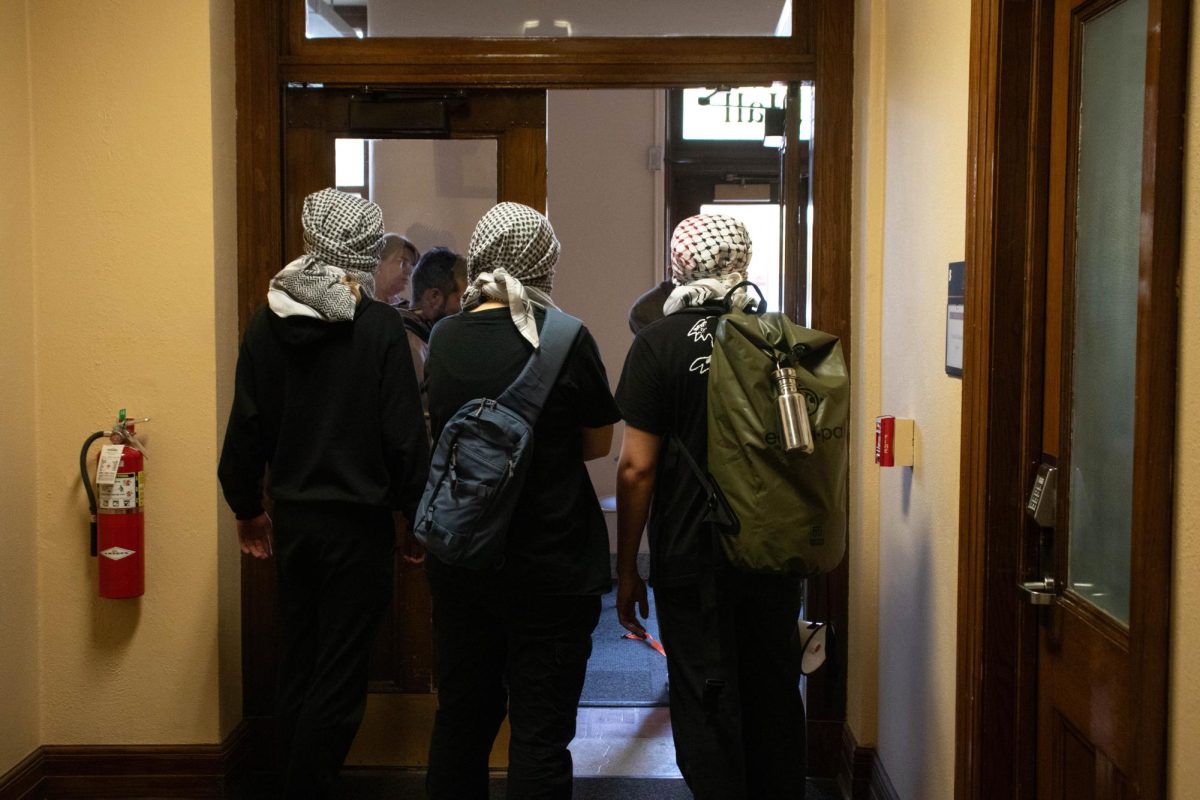
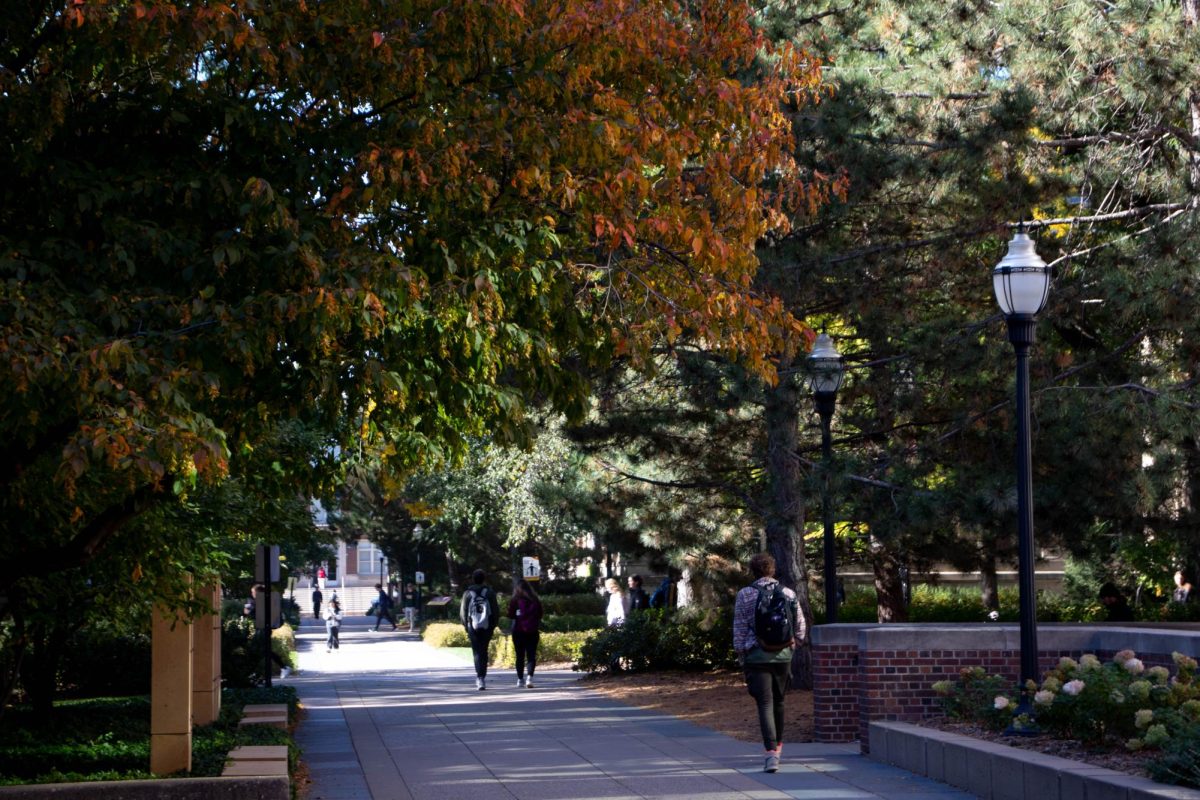

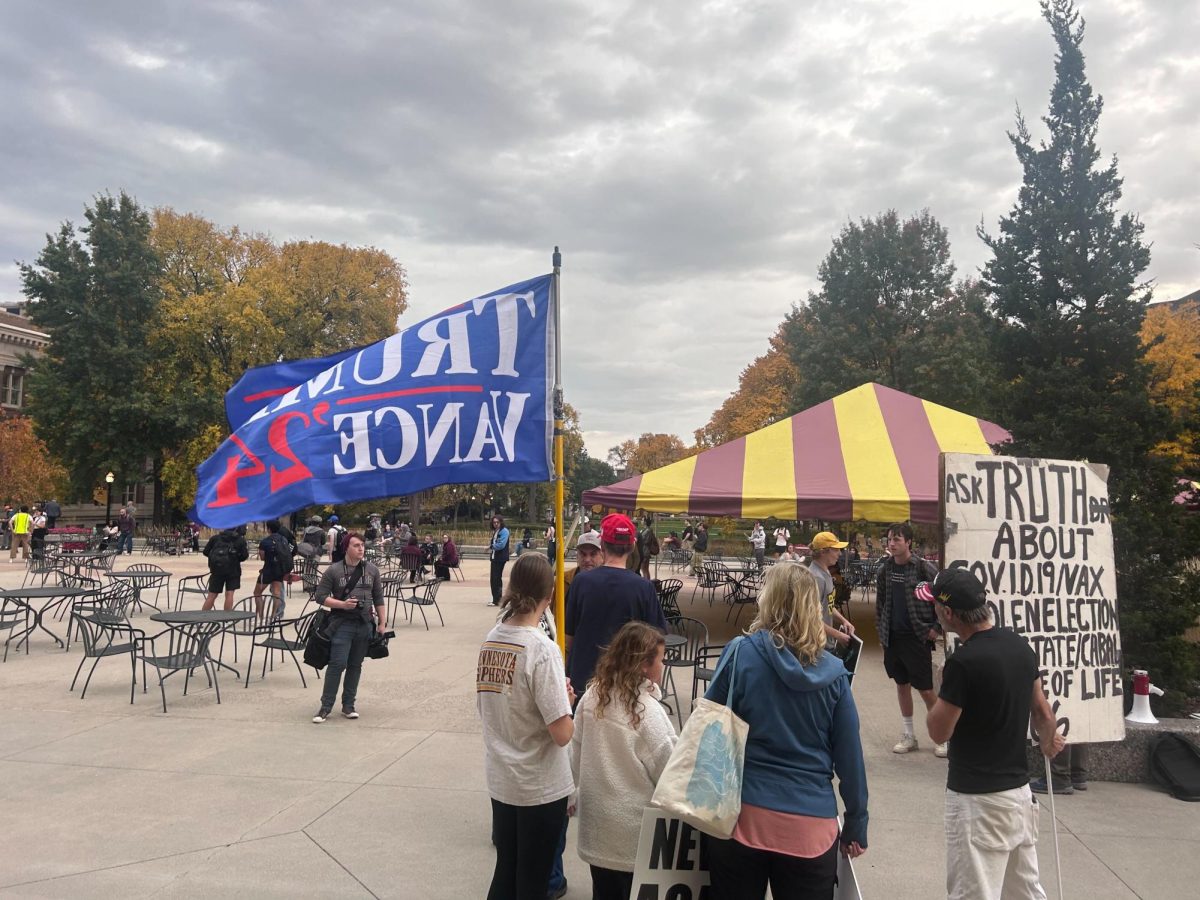
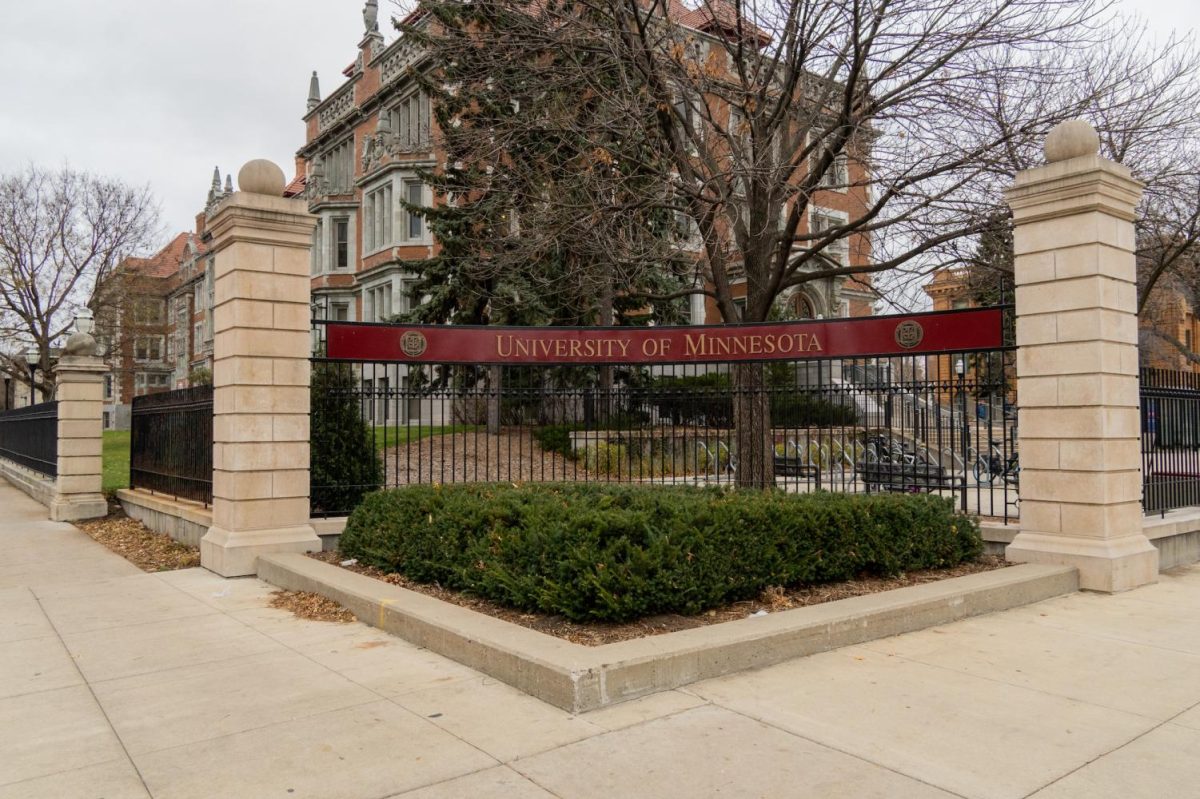
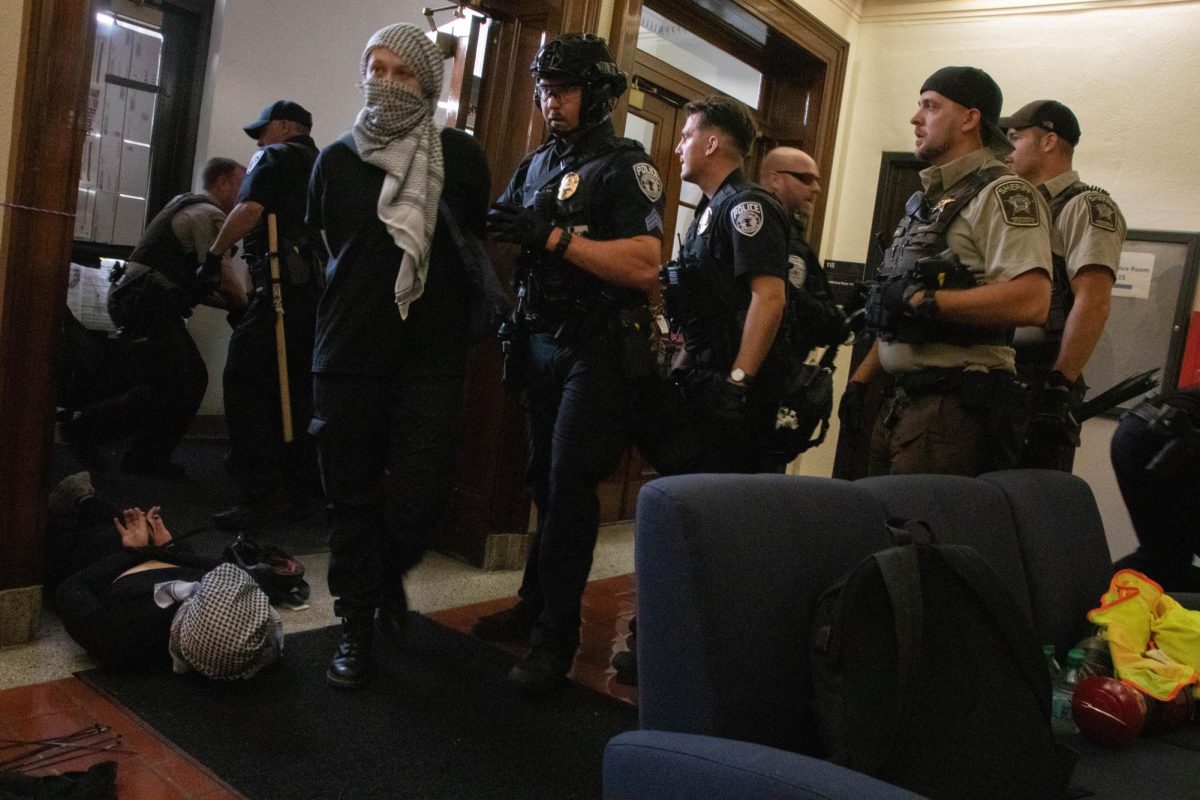

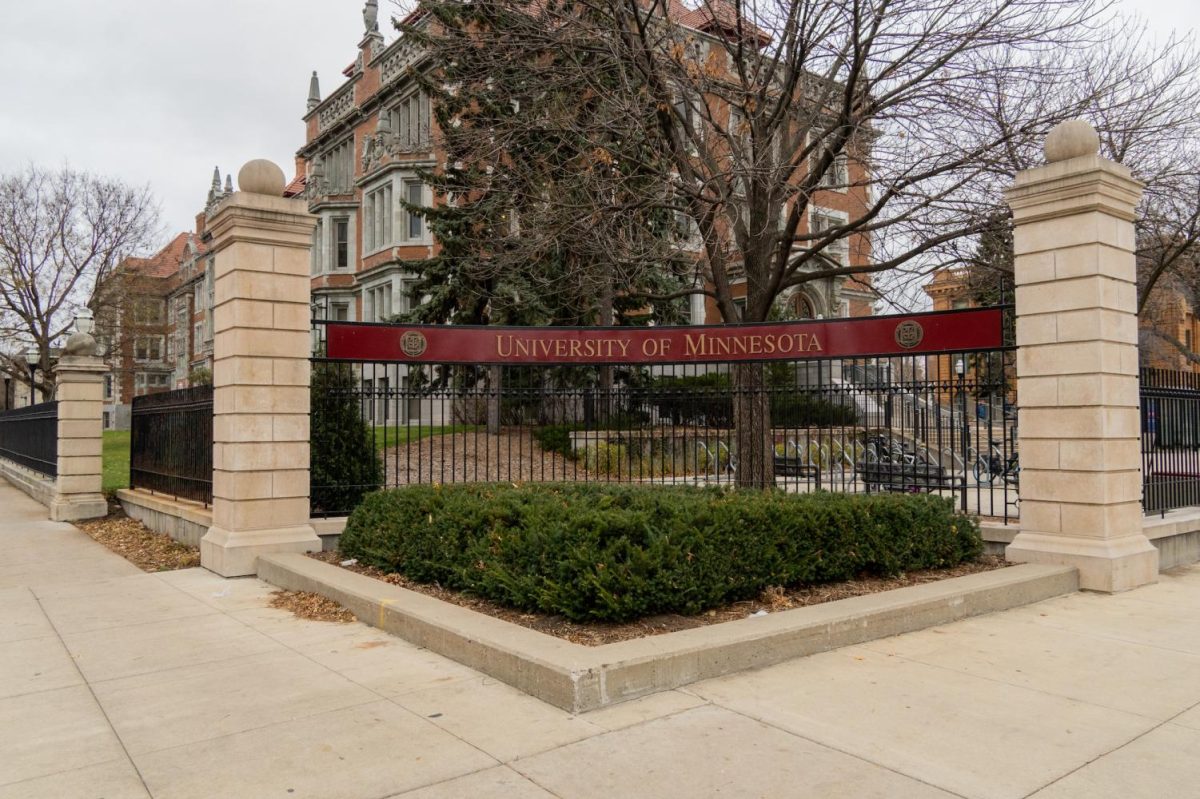

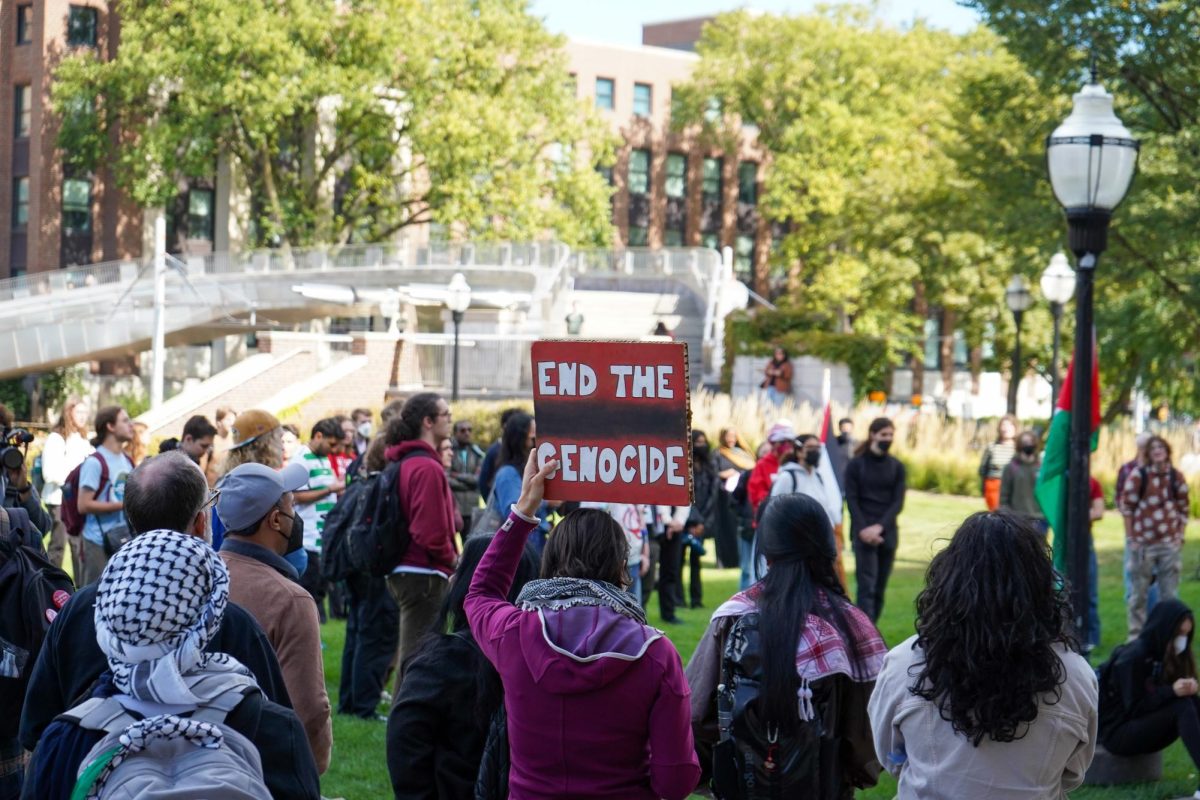
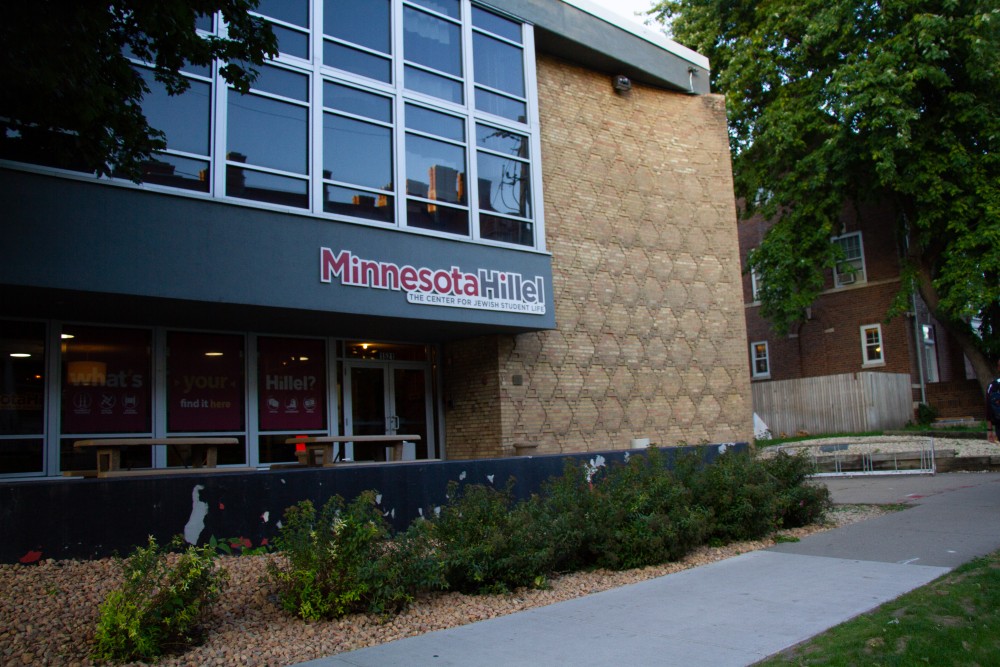
Nah
Jan 5, 2023 at 1:36 pm
Soooooo brave and inclusive